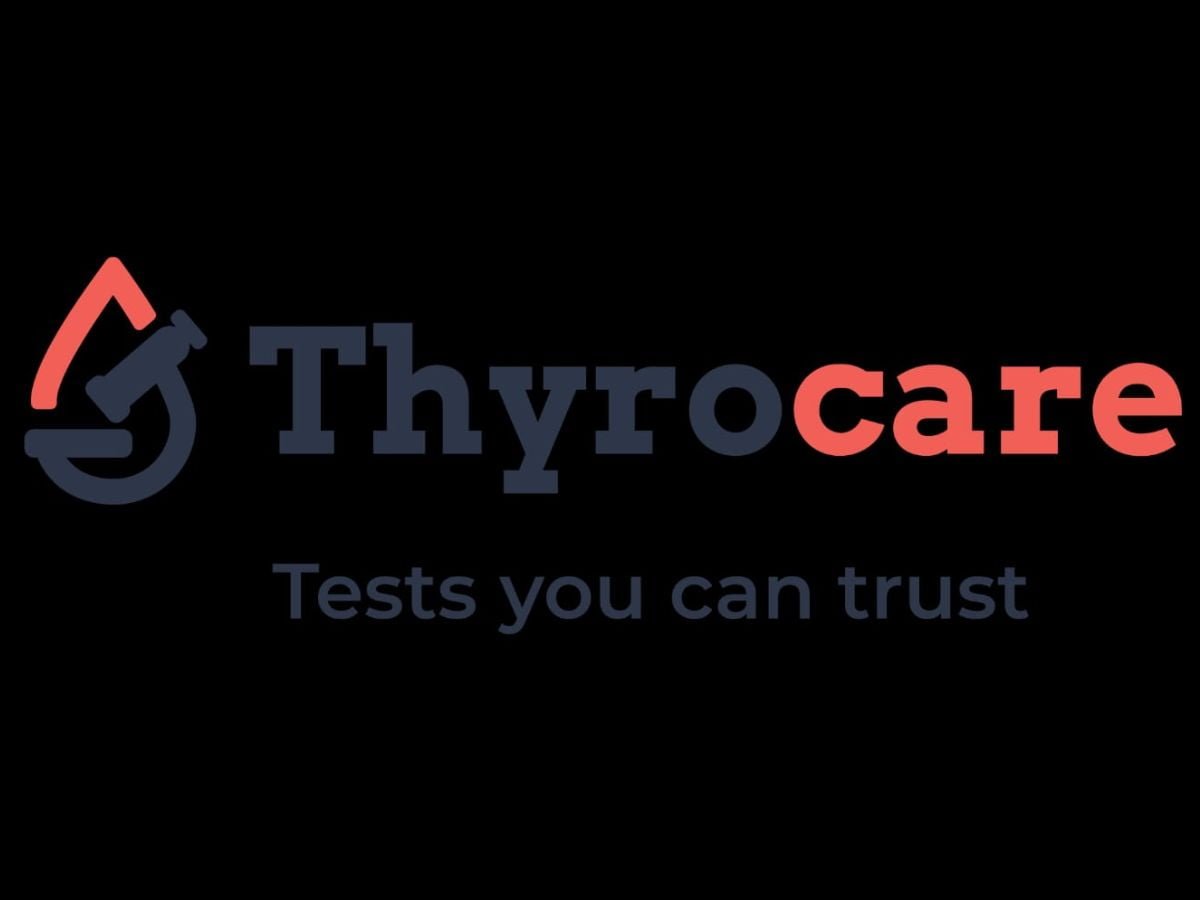

The Webinar revealed that 810 women and 6700 newborn die everyday due to pregnancy and childbirth issues
New Delhi, September 21: As a part of the global action on patient safety, the World Health Assembly adopted a resolution on 24th May 2019 to address global patient safety in a concerted manner. Part of this resolution is about adopting 17th September as a World Patient Safety Day.
PFPS India and National Thalassemia Welfare Society (NTWS), in association with GAP Health Foundation and Youth Thalassemics Alliance, organised a webinar on 19th September to mark the 3rd World Patient Safety Day (WPSD). The deliberations were focused around the theme of WPSD 2021, “Safe Maternal and New-born Care”, and also another prime focus area of WHO “Medication Without Harm”.
In his opening remark Dr. J S Arora, member of WHO Advisory Group Patients For Patient Safety programme, founder of PFPS India and founder president NTWS informed that as per WHO approximately 810 women and 6700 newborns die every day from preventable causes related to pregnancy and childbirth. He added that most maternal and stillbirths/newborns are avoidable through the provisions of safe and quality care.
Dr Neelam Dhingra, Unit Head WHO Patient Safety Flagship programme 2021-2030, was the chief guest. In her address, she said one in every ten patients harmed while receiving hospital care in high-income countries (HICs) and 13.4 crore adverse events occur each year in hospitals in low-middle income countries (LMICs), contributing to 2.6 crore deaths annually. She added that 83% of harm to the patients is avoidable. She said the vision of Global Patient Safety Action Plan 2021-2030 is “a world in which no one is harmed in health care and every patient receives safe and respectful care, every time, everywhere” and the goal is “Achieve the maximum possible reduction in avoidable harm due to unsafe health care globally”.
Dr Aparna Singh Shah, regional adviser at Department of Health systems Developments, WHO South-East Asia Region Office, New Delhi, was the guest of honour. She highlighted one of the objectives of WHO SEARO is “To assess the nature and scale of adverse events in healthcare and establish a system of learning and reporting”, and the challenge is “lack of actionable quality and safety data, especially at the local level”.
Dr Sanjiv Kumar, former Executive Director National Health Systems Resource Centre, (NHSRC) MoHFW, who was chairing the webinar, highlighted a 1 in a million chance of a person being harmed while travelling by plane. In comparison, there is a 1 in 300 chance of a patient being harmed during health care. He suggested the best way to reduce harm in healthcare is religiously applying a checklist at every step, as is being done in aviation and other industries.
Dr Aparna Sharma, additional professor of Obs & Gynae at AIIMS, Delhi, highlighted steps in patient safety in maternal care. Dr Harish Chellani, professor of paediatrics at VMMC & Safdarjung hospital, said that introduction of a mother’s bed along with a neonatal intensive care unit has reduced neonatal morbidity and mortality to a great extent. Maj. Gen. Dr Atul Kotwal, executive director NHSRC MoHFW highlighted various GOI programmes like JSSK, SUMAN, LaQshya, MusQan and NBCC for care during labour, childbirth and newborn care.
Dr Harmeet Singh Rehan, Professor and Head Department of Pharmacology LHMC, emphasised on reporting of adverse events to learn and improve upon. Dr Eswara Reddy, Joint Drug Controller General of India, said that as the regulator, their primary responsibility is to assure the quality of drug formulations at every step from manufacturing to dispensing. He added that in case of doubt, any person from the public could take a drug sample and send it for investigation. Mr PK Jaggi former Head of Office and Licencing Authority, Drug Control Department, Delhi said pharmacist plays an important role in patient safety by taking adequate precaution while dispensing a prescription.
Dr JS Arora urged the doctors to write the prescription in legible handwriting, minimise the use of abbreviations and avoid distractions while examining a patient.
Ms Sangeeta Wadhwa, another member of WHO advisory group Patients for Patient Safety programme and founder of Youth Thalassemics Alliance, said that Healthcare professionals are not the enemy 99% of the time, and patients are not the enemy 99% of the time. We can bridge the divide by asking the questions FIRST, then have a solution session where questions are reviewed objectively with solutions in mind.
Meeting ended with a note to submit recommendations to the Govt for taking effective measures to minimise healthcare-related harms.
World Patient Alliance, an umbrella organization of patients and patients’ organizations around the globe, supported this webinar.
Students of all streams were invited to participate in a poster competition on the three issues 1) Safe Maternal Care, 2) Safe New-born Care, and 3) Medication Safety. Winning students were awarded a merit certificate and cash prize.



